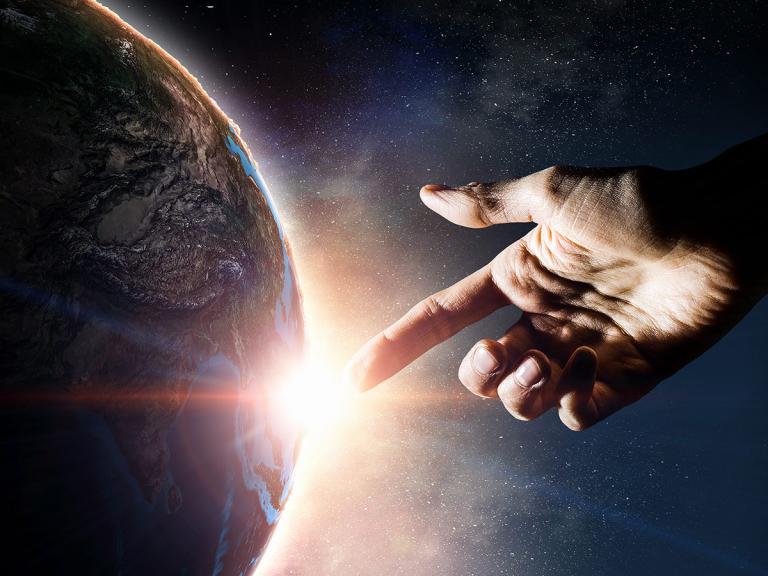
Scientists in the U.S. and Switzerland have announced an astounding revelation – that all modern humans descended from a common father and mother who appeared 100,000 to 200,000 years ago after a cataclysmic event that almost wiped out the human race. Is this scientific breakthrough proof of the biblical creation story and Noah’s Ark?
According to a FoxNews report, Mark Stoeckle at Rockefeller University and David Thaler at the University of Basel came to this conclusion after analyzing the DNA bar codes of five million animals from 100,000 different species. The bar codes are snippets of DNA that reside outside the nuclei of living cells – so-called mitochondrial DNA, which mothers pass down from generation to generation.
Stoeckle and Thaler also found that 90 percent of all animal species alive today are from parents who all began giving birth around the same time, which would be around 250,0000 years ago.
The scientists in this study aren’t pointing to the biblical Adam and Eve, or even to Noah and his wife; however, this research is raising many questions and causing quite a stir and debate, particularly in the scientific community. One of those questions is what happened to remove almost all life on the planet, leaving behind the people who would become our original mother and father? It is also throwing into doubt the patterns of evolution currently accepted by so many in the scientific community.
So how does this study line up with the Bible? Well it does in two significant ways. According to FoxNews, it confirms that we and our fellow creatures on Earth arose from a recent and profound creation event, orchestrated by some unknown mechanism. It also states that the DNA barcodes reveal that species are quantized. This means that instead of there being a continuum of animal varieties, as one might expect from millions of years of gradual evolution, creatures fall into very distinct, widely separated populations – what the Bible describes as “kinds.”
According to science, we are all surrounded by our genetic brothers and sisters.
“At a time when humans place so much emphasis on individual and group differences, maybe we should spend more time on the ways in which we resemble one another and the rest of the animal kingdom,” Stoeckle said.
The research is published in the journal Human Evolution.


